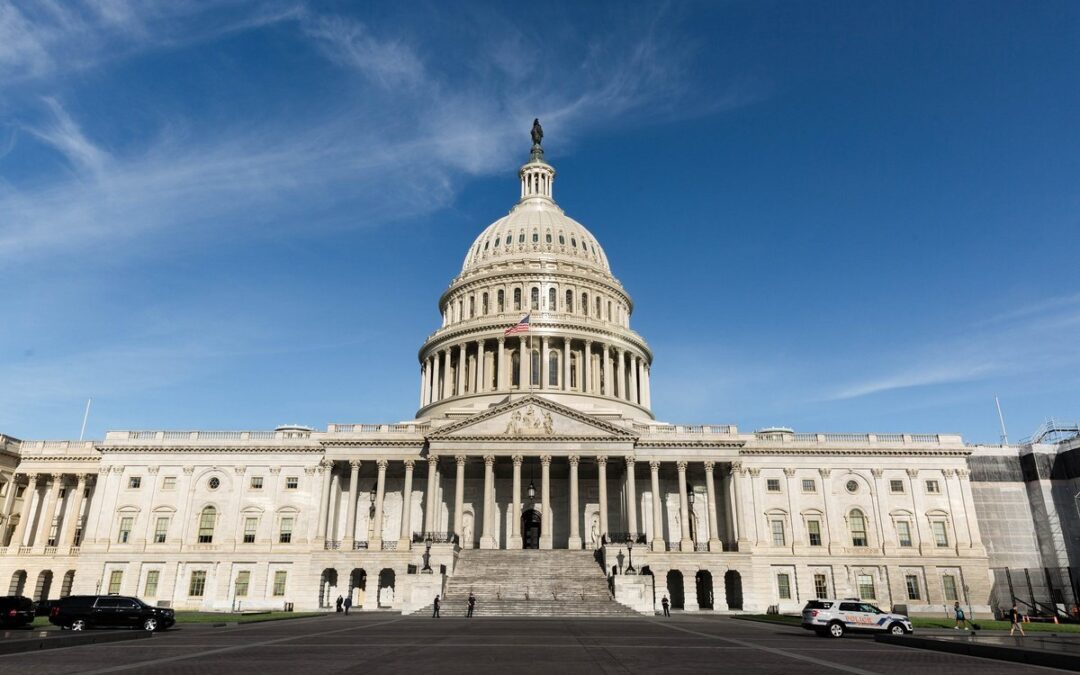Last week concluded with the discussion of re-opening the economy… then, the oil price war re-entered the picture! In the midst of the of the world dealing with the COVID-19 outbreak, Saudi Arabia and Russia decided to engage in an oil price war. The March 8th oil price war announcement contributed to an already delicate COVID-19 market.
The oil price war was the second major wave to create the perfect storm that hit the financial markets. (The third major wave was computerized algorithmic trading.) Although the oil price war did not receive the attention of COVID-19, it was just as important to the financial markets.
Saudi Arabia’s objective was to bankrupt the U.S. competition by increasing the oil supply and drive prices below a viable level for U.S. producers. Russia, on the other hand, wanted to keep prices high to support internal spending programs. The U.S., Saudi Arabia and Russia produce 42% of worldwide oil¹.
This week marked the settlement of the April ’20 futures contracts which required the physical delivery of the commodity. Due the massive oversupply from six weeks of increased oil extraction and the reduced demand from a shuttered economy, the physical oil delivery exceeded storage capacities. The tremendous oversupply of oil manifested as negative prices, for the first time in history.
To add insult to injury, normalized demand for energy will take longer to ramp-up due to the staged economic re-opening. So, not only is there no place to store the oil, working off the extracted oil will be prolonged. Anticipate oil prices to be lower for longer.
In the near game, Saudi Arabia will win this battle. The ramifications of a global oil glut will cause some U.S. oil drillers to file for bankruptcy. In the long game, the surviving U.S. oil producers will be stronger with high oil reserves at hand creating tough competition for Saudi Arabia. The Saudis may have overplayed their hand.
Next week will present an estimation of first quarter economic growth. January and February exhibited decent growth, while March will likely indicate a contraction. The aggregation of these three months is questionable. There should be no surprise if the economy experiences a contraction. Although economic activity influences financial markets, financial markets and economics do not move in lock-step. This is what makes near term prognostications unfruitful and diversified portfolios so important.
Our phones and email are open should you have anything to discuss. Thank you for your continued trust.
1 U.S. Energy Information Administration (eia.gov)
CRN-3056021-042320


Recent Comments